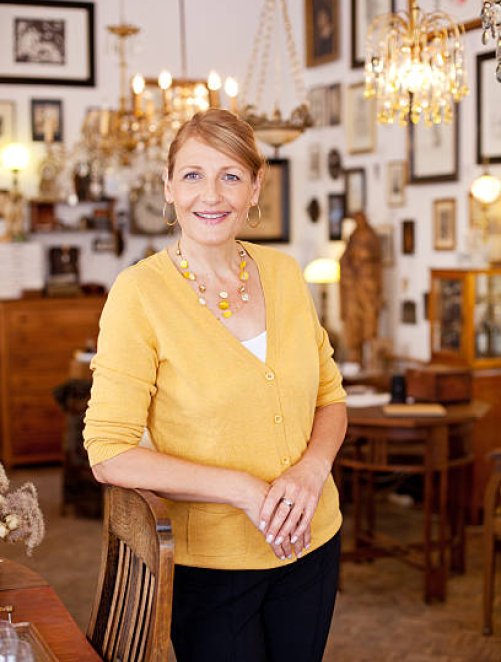


















Chinese
It is hand carved with no markings on the bottom, but there is a waxy looking hole on the bottom. It feels like something is inside of it, but I’m not opening it to find out what is. It could be liquid, it could be ashes. I have no idea. It is red, brown, and gold in color. It looks like a poem, but I don’t know. I would appreciate any insight on it.
Unknown
Other
Maybe

Dear Mallory,
Thank you for contacting Mearto with your appraisal inquiry. So that I may best assist you, can you tell me the dimensions of the vase?
Thanks
Another appraisal website told me that it is a Japanese piece written in Chinese. I don’t know if that helps or not, but it’s all I got.
Hello again Mallory,
So, the characters are traditional Chinese, which was the writing style used in Mainland China before 1949 (Mao introduced a simplified version). But in fine arts in China, they still use traditional. Traditional is also used in Hong Kong, Taiwan, some Korean fine arts, and Japan (as kanji). I agree with the other appraiser in that the style of this piece looks more Japanese than anything else-- the colors, materials (brass and gilt), and base design.
I also think it is a funerary urn, because of the wax stoppers. As far as the meaning of the writing, I picked out a few words and I think it must be a poem, based on the meanings. Here are some I translated:
有名 famous
土道 earth, path
力学 study
陽子 sun
绅 gentry
Unfortunately, this doesn’t tell me anything about which culture or the name of the person that it might be about. As far as date, I would guess that it is around 100-200 years old, based on style and condition.
As for selling/value, when ‘urns’ come on the antique market, they are exclusively vases shaped in the urn form. As far as urns with remains (we assume here), I haven’t seen these for sale-- might be too macabre.
Where did you pick it up?
I’m actually from Milwaukee- I see you’re in Rhinelander:)
We don’t have a significant East Asian population in Wisconsin, as far as I’m aware. Maybe Madison or Milwaukee would have small communities. I just wonder how this ended up there.
I guess it depends on what you want to do with the item, but maybe it would make sense to try to get in touch with a Japanese or East Asian organization (Shinto/Buddhist) to see if they have insights, or can even offer a place to intern this.
Some ideas
Korinji Rinzai Zen Buddhist Monastery in Reedsburg, WI
https://www.korinji.org/
Lakeview Cemetery, Seattle (might be a place to start that could give you more info. It’s a historic Chinese/Japanese American cemetery)
http://db.wingluke.org/apahs/lakeview.htm
Good luck on this and let me know if I can assist you further.
Oh, interesting. I actually got it a few years ago at the Rhinelander Goodwill.
Wow, that is quite a random find!
Hi Mallory,
I just saw you added the photo of the characters. I'm only partially fluent in Chinese, so when I don't know characters I use this site to translate:
https://www.mdbg.net/chinese/dictionary
Can you copy/paste the characters?
力 學 漢 詔 所 謂 茂
學 費 有 名 土 道 經
歐 陽 子 所 云 一 時
紳 會 推 遂 司 全
否 否 蓋 先 生 託
力 學 漢 詔 所 謂 茂
學 費 有 名 土 道 經
歐 陽 子 所 云 一 時
紳 會 推 遂 司 全
否 否 蓋 先 生 託
Hi again Mallory,
The online translation didn't make a lot of sense, but here are the results from two sites:
(google translate)
Force learning what is called Mao in the Han Dynasty
Tuition fees
Ouyang Zisuo said for a while
The gentry will push the whole
No No Cover Mr. Care
OR
(mdbg)
Mechanics Hanyu is called Mao
Tuition fees are well-known
Ouyangzi was in the clouds for a while
The gentry will push the whole
No No Mr. Gai To
Try to post the poem in this forum and see if anyone can give you a clearer translation. I think the reason the computer version is so bad may because the language is antiquated.
asian art forum:
https://www.asianart.com/phpforum/index.php










It’s about 10.5in x 3.5in. I attached more photos so you can see the hole on the top and bottom.